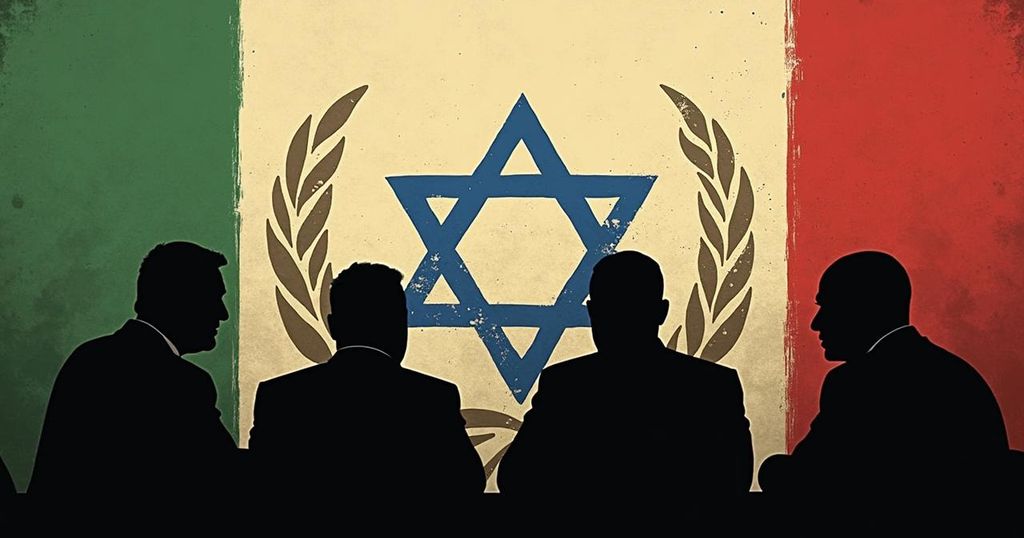Bolivia Joins South Africa’s Genocide Case Against Israel at ICJ

Bolivia has officially joined South Africa’s genocide case against Israel at the ICJ, accusing Israel of genocidal actions against Gazans. Bolivia’s move follows its severance of diplomatic ties with Israel last year over its military actions in Gaza. This case has garnered support from several nations, highlighting international concerns regarding Israel’s role in the ongoing conflict and humanitarian crisis in the region.
Bolivia has joined South Africa’s ongoing genocide complaint against Israel at the International Court of Justice (ICJ), as reported by Al Jazeera. On October 8, Bolivia submitted an application to intervene, accusing Israel of committing genocidal acts in violation of the Genocide Convention. This move places Bolivia among numerous nations supporting this case, including Colombia, Libya, Spain, Mexico, Palestine, Nicaragua, and Turkey. Previously, in November 2022, Bolivia severed diplomatic relations with Israel due to the violent conflict in Gaza and pledged humanitarian assistance to the region. Deputy Foreign Minister Freddy Mamani articulated that this decision stemmed from Bolivia’s condemnation of Israel’s aggressive military actions in Gaza. In January 2023, the ICJ ruled that Israel must take preventive measures against acts of genocide in Gaza while allowing UN investigators unobstructed access to the area, a ruling that Israeli Prime Minister Benjamin Netanyahu dismissed as “outrageous.” South Africa has consistently returned to the ICJ, advocating for emergency measures due to Gaza’s humanitarian crises, notably requesting an immediate halt to Israeli military actions in Rafah aimed at protecting the Palestinian population. It is important to highlight that although ICJ rulings possess legal binding authority, the court lacks enforcement capabilities. Bolivia’s submission to the ICJ articulates its intention to intervene on the grounds that the country bears a duty to denounce the crime of genocide. This development coincides with conflict escalations initiated on October 7 of the previous year, following significant casualties for both Israelis and Palestinians amid military operations, which according to UN estimates, have resulted in over 40,000 deaths in Gaza. Philippe Lazzarini, the head of the UN Relief and Works Agency for Palestine Refugees (UNRWA), remarked on the ongoing “unspeakable suffering” faced by those in the enclave.
The case against Israel at the International Court of Justice (ICJ) has become a significant international affair, reflecting heightened tensions surrounding the Israeli-Palestinian conflict. The legal proceedings are grounded in allegations of genocide and grave violations of human rights as outlined by the Genocide Convention, amidst ongoing humanitarian crises in Gaza. Multiple countries, including Bolivia and South Africa, have positioned themselves to support these allegations in pursuit of justice and humanitarian relief for affected populations. The ICJ’s authority in this context raises questions about international accountability, the enforcement of rulings, and the complex dynamics governing international law and state relations.
In summary, Bolivia’s intervention in South Africa’s genocide case against Israel at the ICJ illustrates the growing international concern regarding the humanitarian conditions in Gaza. Both countries seek to hold Israel accountable for its military operations, which they contend violate international law. The situation reflects broader themes of state responsibility and international legal enforcement, demonstrating the global community’s response to ongoing conflicts and humanitarian crises.
Original Source: www.aninews.in





